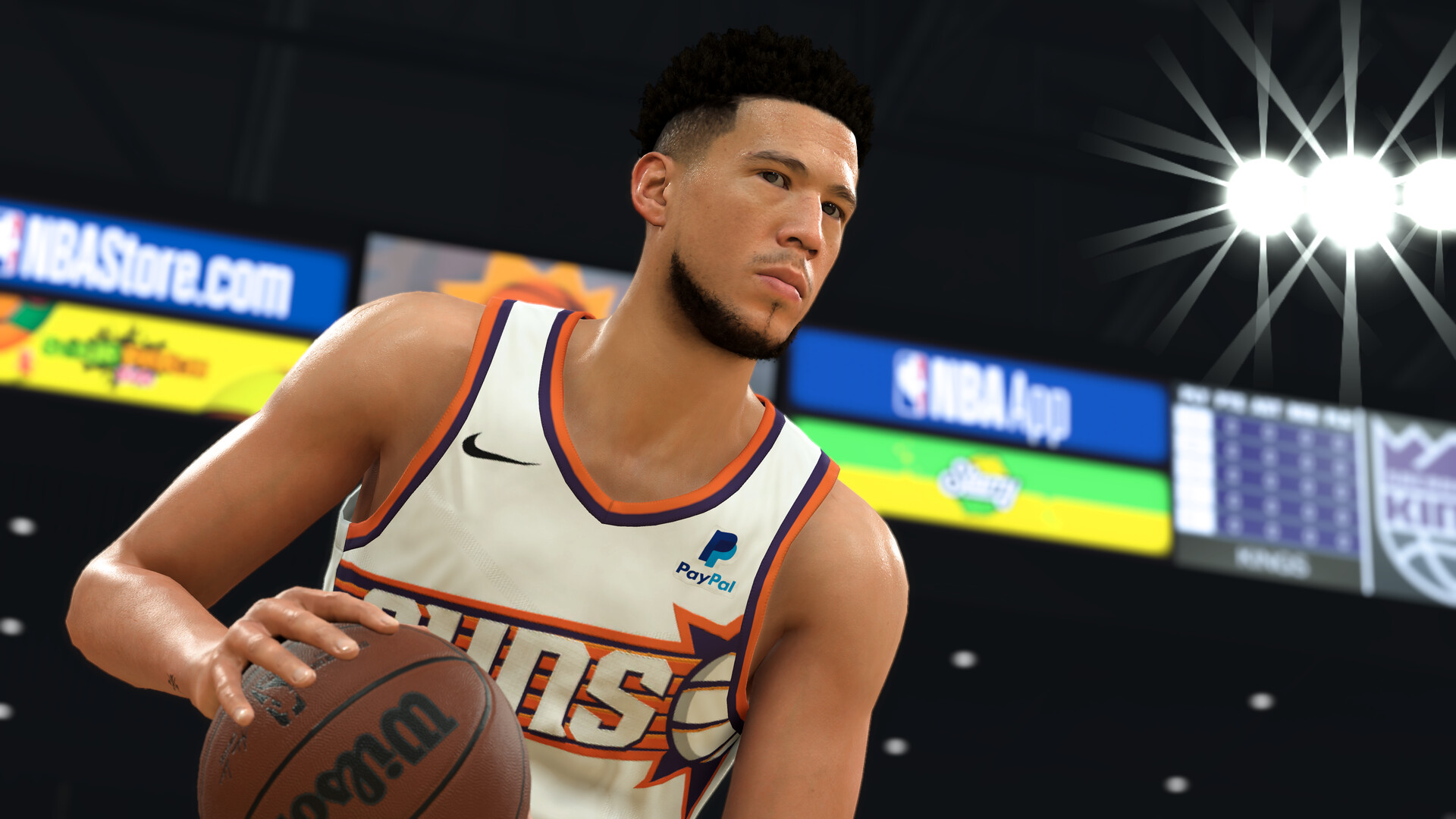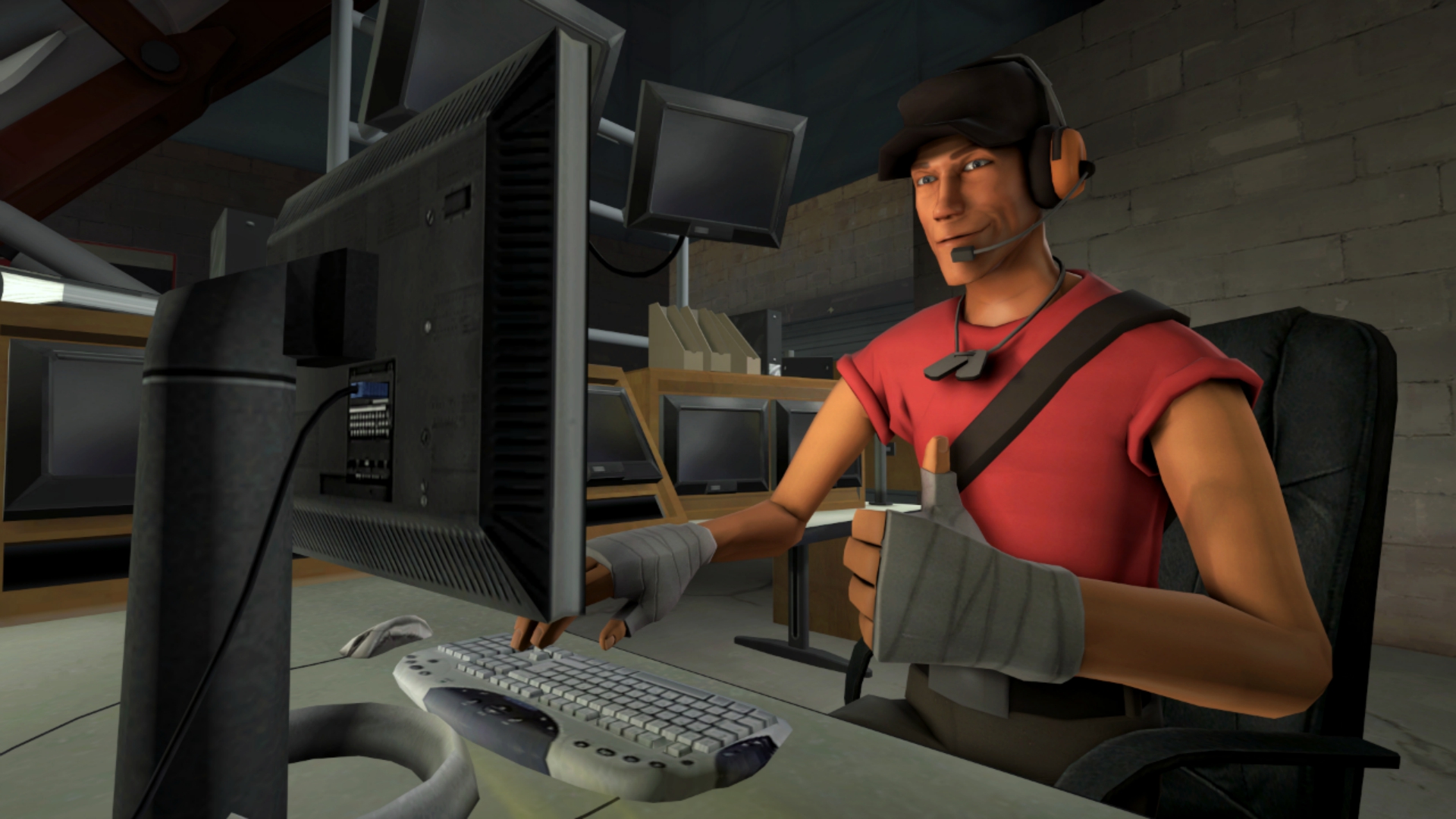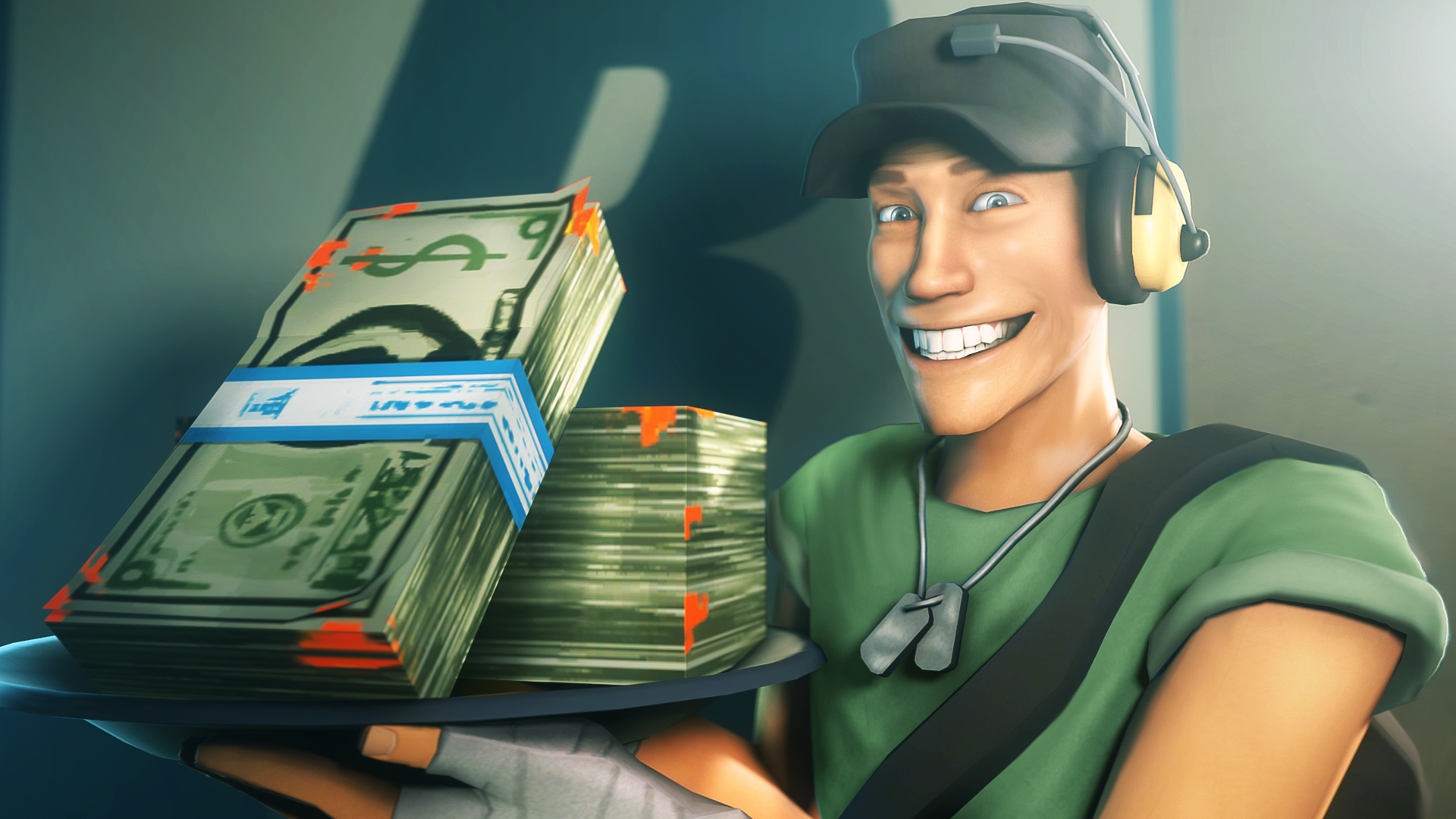You might pay real money for in-game currency, but Take-Two Interactive says that doesn’t make it real: In a filing seeking the dismissal of a lawsuit alleging “civil theft” and unfair business practices in its NBA 2K games, Take-Two said virtual currencies (VCs) are not property but are “fictions” created by game makers, and subject to the same terms and conditions as the games themselves.
Filed in November 2023, the lawsuit states that the NBA 2K series offers in-game currency for purchase that can then be used to acquire cosmetics, performance boosters, and other features that would otherwise be unavailable. But when older versions of those games are retired, access to that currency is lost, as is the value of the money spent on them: Take-Two doesn’t offer refunds for unused in-game currency, nor does it allow it to be transferred to newer games in the series.
“Gamers are given no warning when they purchase the in-game currency that it can be destroyed at 2K Games’ whim,” the lawsuit states. “Their only option is to swallow their losses and, if they wish to continue to use 2K Games’ pay-to-play features, re-up new funds in an active version of the game.”
In a request for dismissal filed on February 2 (via Game File), lawyers for Take-Two said the claim is a “novel argument” that doesn’t hold water because Take-Two is “allowed to make business decisions” about its operations, and that virtual currency “is a thing that exists solely within the confines of each of those games.”
“VC is not Plaintiff’s property,” Take-Two said. “Instead, in-game VC are fictions created by game publishers, subject to the publishers’ terms of service and user agreements.”
Take-Two also makes an argument adjacent to the defense of loot boxes: That there is no “economic injury” because the plaintiff got exactly what they paid for, that being in-game currency. In fact, the filing cites as precedent a loot box lawsuit against Apple that was dismissed because the plaintiff “obtained exactly what he paid for—virtual currency that he was free to use in the game.”
It gets pretty deep into the weeds, as legal documents typically do, but the short, non-lawyer version of Take-Two’s argument is that virtual currency is not a real thing that’s owned by players, and so there’s no basis for claiming any kind of loss when it goes away.
One interesting if unintentional aspect of the argument, as executive editor Tyler Wilde pointed out, is that Take-Two’s defense kind of makes a good case for cryptocurrency, a form of virtual money that exists outside the boundaries of individual games and is owned by purchasers. Crypto comes to the table with its own array of well-documented issues ranging from wildly fluctuating values to a brutal environmental impact and, of course, serious crime, but its functional independence means you can, in theory at least, use it anywhere.
I don’t expect Take-Two is going to launch its own cryptocurrency (2Koins, perhaps?) anytime soon, but if this argument results in a dismissal it’ll be very interesting to see if that leads into any sort of meaningful push in that direction from gamers—which would almost certainly spill over into other games that use virtual currencies too.











